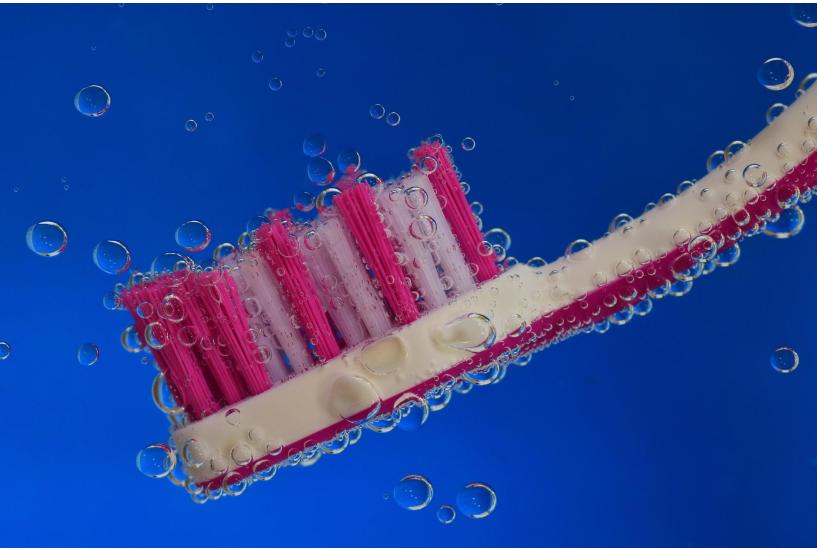Essential Oils at the Dentist
by Jutta Schreiber, D.M.D., coauthor of Essential Oils for Dental Health
I am surrounded by gold rings, beautiful bracelets, and shiny marbles in every color of the rainbow. Bouncing balls and yoyos fly in every direction, and small shiny cars race about.
These are my first memories of visiting a dentist. Over the years I have realized that it was this toy box full of treasures, in which I was allowed to rummage after every visit, that drew me into this magical world, but it also had a strong and long-lasting influence on the way I thought about the dental clinic. I was always relaxed and looked forward excitedly to my dental appointment on each visit.
I also associate a very particular smell with these occasions, and it wasn’t the typical odor of the nurse’s office at school. Instead, I remember it as fruity and woody. Sadly, the dental clinic has long since closed, and I could never quite identify the precise source of the smell, but I remain convinced that emotions are closely connected with scents.
As a child born during the Second World War, my mother had always been unhappy about her teeth, which is why she always made sure that her children looked after theirs. Sitting in the waiting room almost began to feel like a weekly event. I had fillings, a few healthy teeth were pulled at an early age to make room for the others, and I lived with a range of different braces for many, many years.
I would sometimes hear my girlfriends complaining about being so scared of the dentist, but this was something new for me. While it was true that my whole mouth had always been extremely sensitive, and indeed still is, the routine nature of any dental appointments had always left a positive impression on me.
Indeed, so positive was the impression that I made dentistry my profession. I have been working in my own clinic for three decades now and have specialized in holistic dentistry for many years. I examine teeth and the masticatory system, not in isolation, but instead in the context of the whole body, mind, and spirit.
I have been excited about essential oils and their amazing applications for a number of years, and I couldn’t imagine my clinic without them now. Through my book Essential Oils for Dental Health, I hope to help others develop a new awareness and understanding of their mouths. Your lips, cheeks, tongue, palate, and teeth all deserve close attention. Wouldn’t it be nice to feel relaxed and positive about your mouth?
We have been taking advantage of the calming powers of essential oils in my clinic for twenty years now, and for me it’s the most natural thing in the world to have some relaxing citrus oil in the clinic. The first thing many patients notice when they walk into a dental clinic is its sterile smell, so it’s no wonder that those who had bad childhood experiences at the dentist are immediately transported back in their memories and feel an associated chill down the spine.
If a patient is extremely tense, treatment under general anesthetic may be the only option, but I have firsthand experience of the difference essential oils can make in this regard. To be met by the welcoming, sunny fragrance of oranges as a patient opens the clinic door soon works its magic, putting a relaxed smile on their face before they even know it.
Initially, we mostly used essential oils for aromatherapy in the clinic, but over the last few years they have been increasingly used to help prepare and support a treatment. Essential oils can be applied externally but can also help with internal oral hygiene, and it’s easy to make use of their positive properties in your own home.
My book introduces you to a number of essential oils that we use in our clinic extensively and on a daily basis, all of which can also be used at home to boost dental health or prepare for a visit to the dentist.
Methods of essential oil use
There are a number of different approaches to the use of essential oils.
- The German school works principally with the sense of smell, such as with the oil being inhaled directly from the vial.
- The British school advocates mixing essential oils with a base oil and applying them to the body.
- The French school works with undiluted essential oils on the body, preferably applied to the reflex zones on the hands and feet.
Experiment to see which approach suits you best. As a general rule, the specific situation and the nature of the user will determine the preferred method.
If you’re out and about, or even visiting the dentist, fill a roll-on bottle with a little carrier oil (a fatty oil such as almond, olive, or sesame oil) combined with a few drops of essential oil. Dab some on your wrists or neck while you’re on the go.
Combining an essential oil with coconut or sesame oil allows it to be applied internally in the mouth; otherwise, undiluted essential oils can be too harsh on the gums.
Do note that water intensifies the effects of the oils. Think of the burning sensation in the mouth after eating a hot chili pepper and how it makes the sensation worse when you drink water.
You can also use a drop of essential oil to massage the reflex zones on the soles of the feet or the palms of the hand. Since taking off shoes to massage your feet is generally not an option during the day, instead massage your hands, perhaps on a bus or train journey. When you massage your fingertips, for example, you focus on the reflex zones that correspond to your teeth. The people around you won’t even notice.
The Importance of High-Quality Essential Oils
We routinely absorb a great number of substances that can be detrimental to us via our lungs and skin, as well as through our diet, water, and cosmetic products, so it makes sense to use products that are as natural and free of toxins as possible, particularly in oral and dental hygiene. Essential oils are effective and versatile in this respect, as they can be used in so many different ways to support a range of healthy functions throughout the body. As a rule, we always recommend using essential oils that have been distilled to retain all the active ingredients.
Some plants are not yet available as an essential oil of this quality, in which case we recommend using the next best oil available; the point is to achieve the best results, rather than being dogmatic about which oil to use. The key is that everything is sourced naturally and is not synthetic.
Top tip for fear of the dentist: Orange and lavender
Scientists at the University of Vienna discovered that the scent of oranges and lavender can help to deal with anxiety (although women were found to have responded to these scents far better than men). Studies at Mie University in Japan also confirmed this calming effect.
A combination of orange and lavender oils enhances mood and induces relaxation, both of which can be a great help when visiting the dentist. It is also an effective combination for use in the dental clinic since most patients enjoy both fragrances.
Two key essential oils and how to use them to support oral health
Why does a plant produce essential oils? It uses them for protection from potential harm within its environment, from foreign invaders such as fungus, bacteria, viruses, and parasites. These essential oils possess the very properties required to ensure our own dental hygiene. For example, to curb unwanted oral flora, essential oils can be mixed into coconut or sesame oil (so-called carrier oils). This dilutes the essential oils, which can otherwise be too strong, and makes them easier to apply.
Here are two key essential oils to support your oral health:
Manuka (Leptospermum scoparium)
Botanical family: Myrtaceae (myrtles)
The leaves and stems are steam-distilled to make manuka essential oil. Manuka will probably be familiar through its connection with the manuka honey produced in New Zealand and Australia. Manuka is prized for the excellent quality of the substances it contains. The Maori, the indigenous people of New Zealand, call the shrub “mānuka.” It is, in fact, a shrub-type tree that resembles the Australian tea tree. Like cajeput, niaouli, and kanuka, it is often traded as “tea tree,” although the fragrance of manuka oil is a little warmer and milder than that of Australian tea tree oil.
Manuka has powerful cleansing properties and studies have shown it to be highly effective against antibiotic-resistant organisms. Its powerful effect against inflammatory processes, fungal infection, and bacterial problems should be emphasized in this respect. Some bacteria form a protective slimy layer known as a biofilm to shield against attack. Scientific studies have shown that manuka can destroy this biofilm. This is a key property, as this layer of mucus must be breached in order to fight the bacteria.
Manuka has also been shown to help people who suffer from stress or anxiety.
Australian tea tree (Melaleuca alternifolia)
Botanical family: Myrtaceae (myrtles)
The leaves are steam-distilled to make tea tree essential oil. This evergreen tree with white bark grows largely in Australia. Its young branches look as though they are covered in fine hair. The Australian tea tree flourishes along the rivers and marshes of the states of New South Wales and Queensland, where it grows to a height of up to 23 feet (7 meters).
The essential oil obtained from the tea tree is the plant’s most widely known application, but Aboriginal Australians, Australia’s First Peoples, would use the leaves to bind wounds or to drink as an infusion. Tea tree oil possesses powerful cleansing properties due to its very high levels of terpenes (which also give it its powerful scent), and this is what makes it effective for oral use. Add a drop to water for gargling or rinsing the mouth.
The cleansing properties of tea tree oil are highly valued for treating teeth or gum problems, and it can help with sinus and lung issues while also being kind to the skin. The oil can even treat fungal infections.
If you find you enjoy daily treatment with essential oils produced from plants, you will soon notice the physical, emotional, and mental equilibrium that these can bring. Their versatility means they can be used in so many different ways.
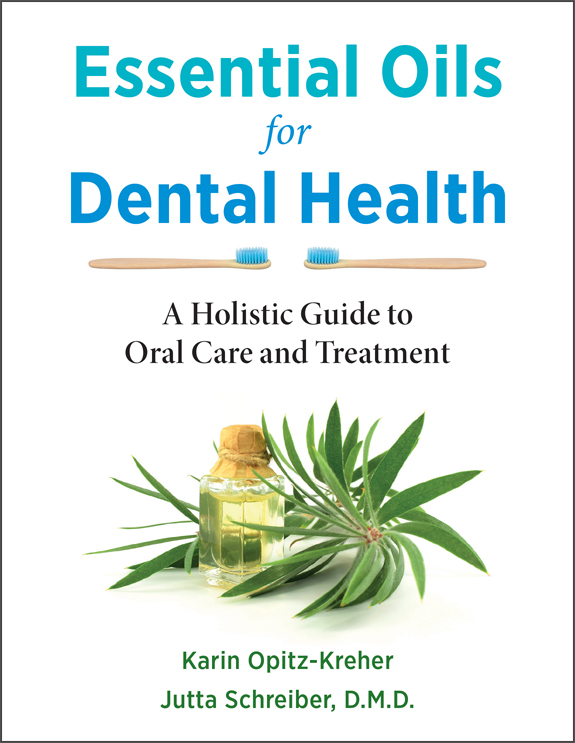 |
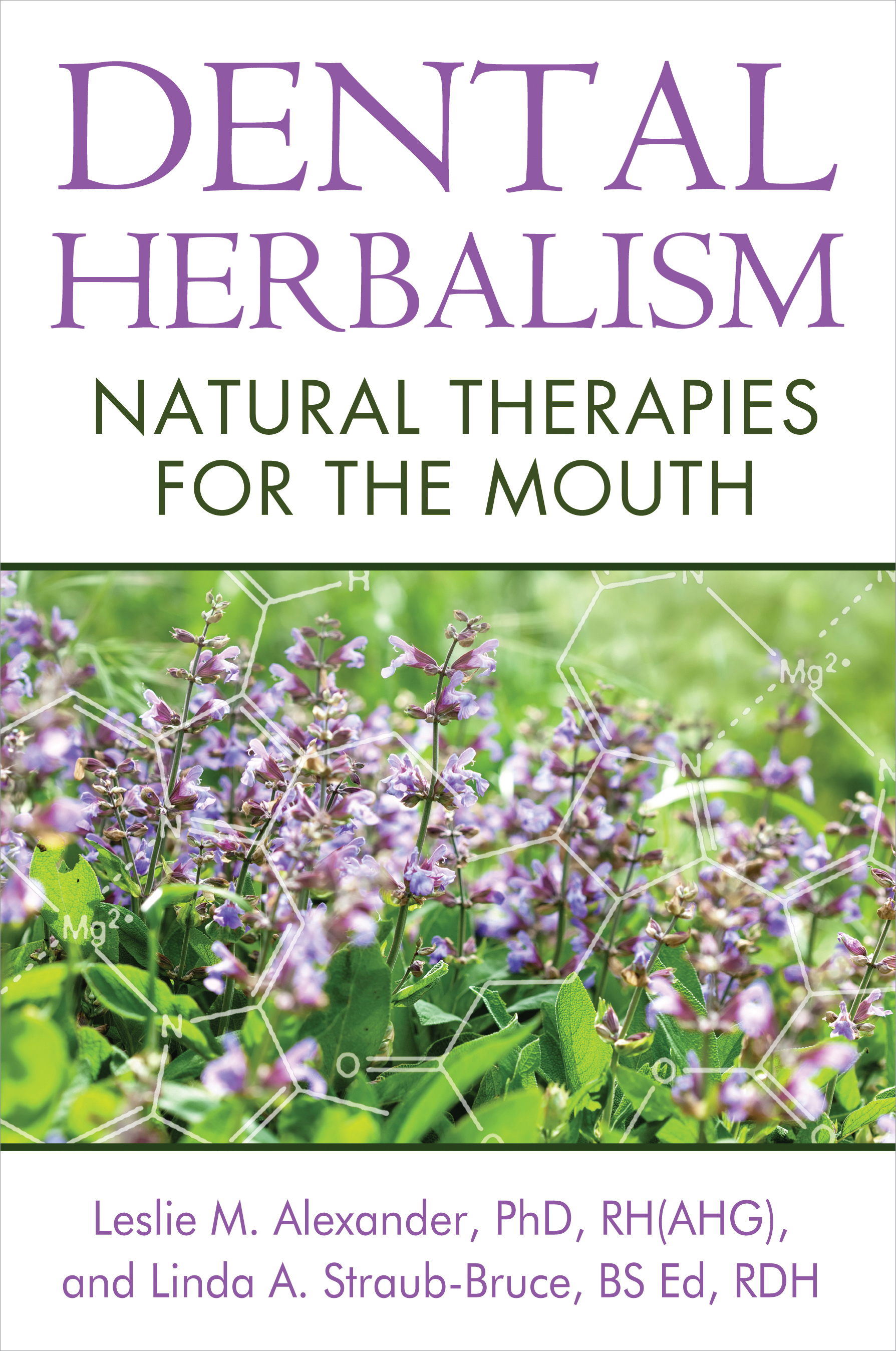 |
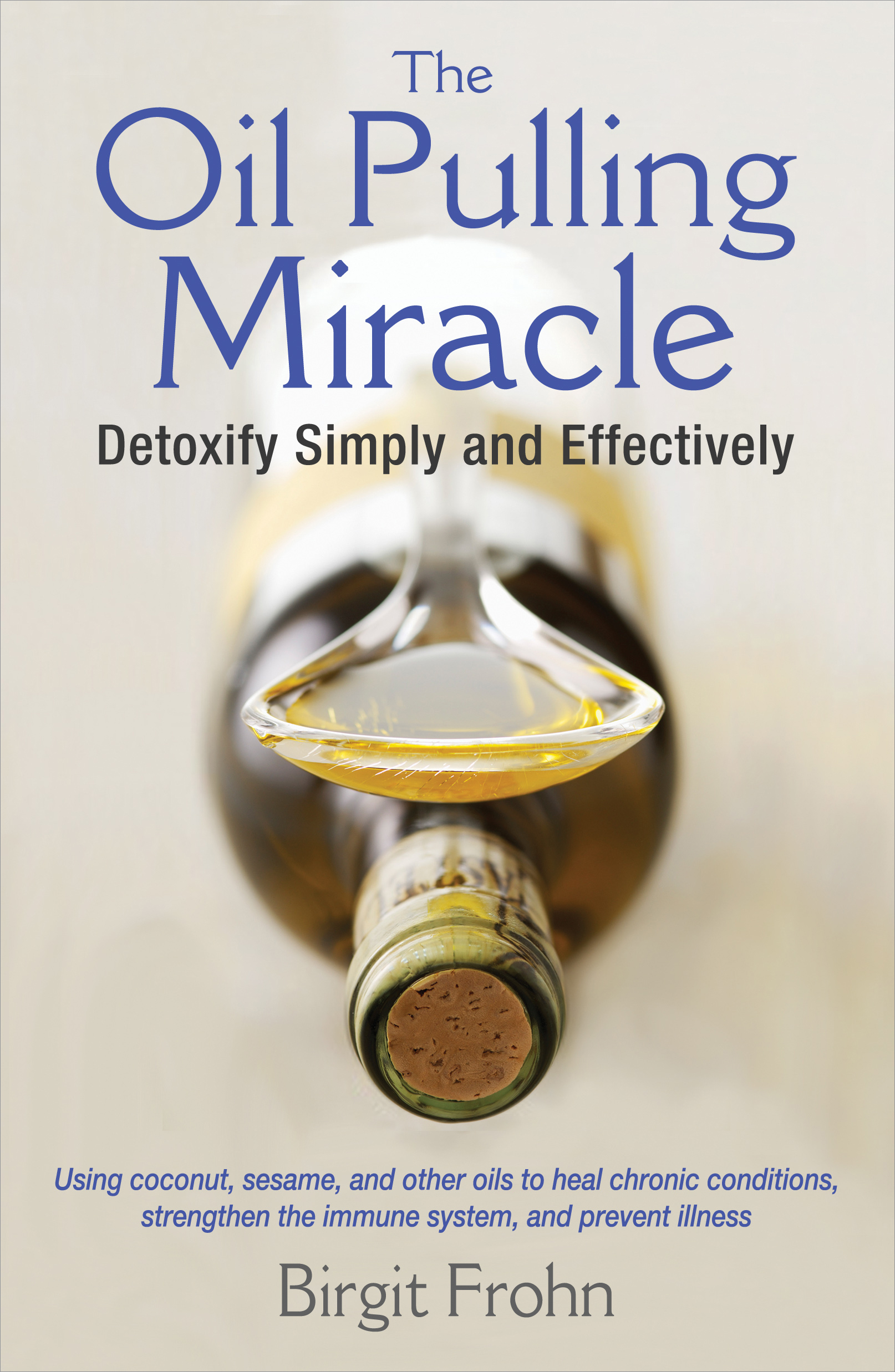 |
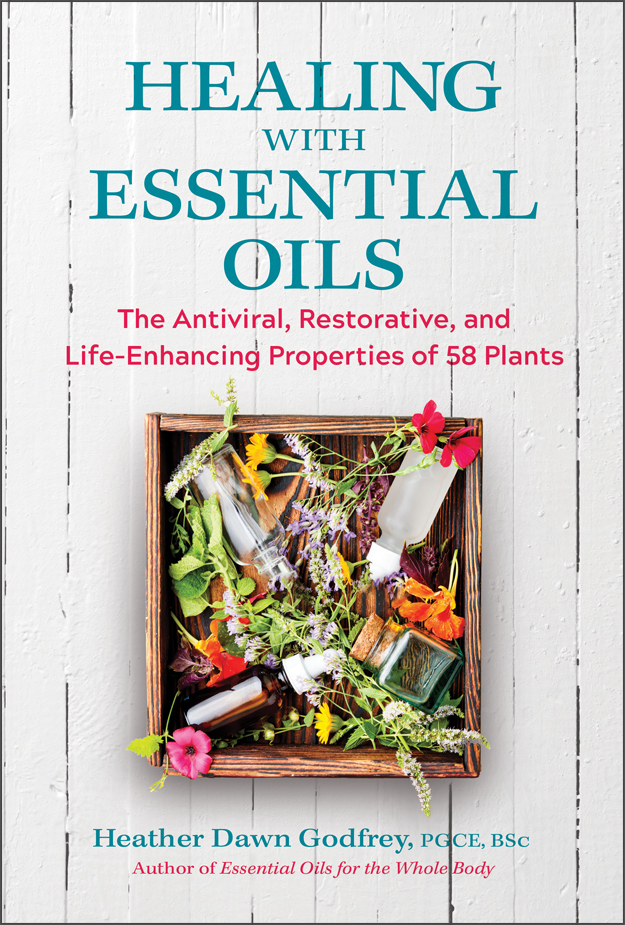 |
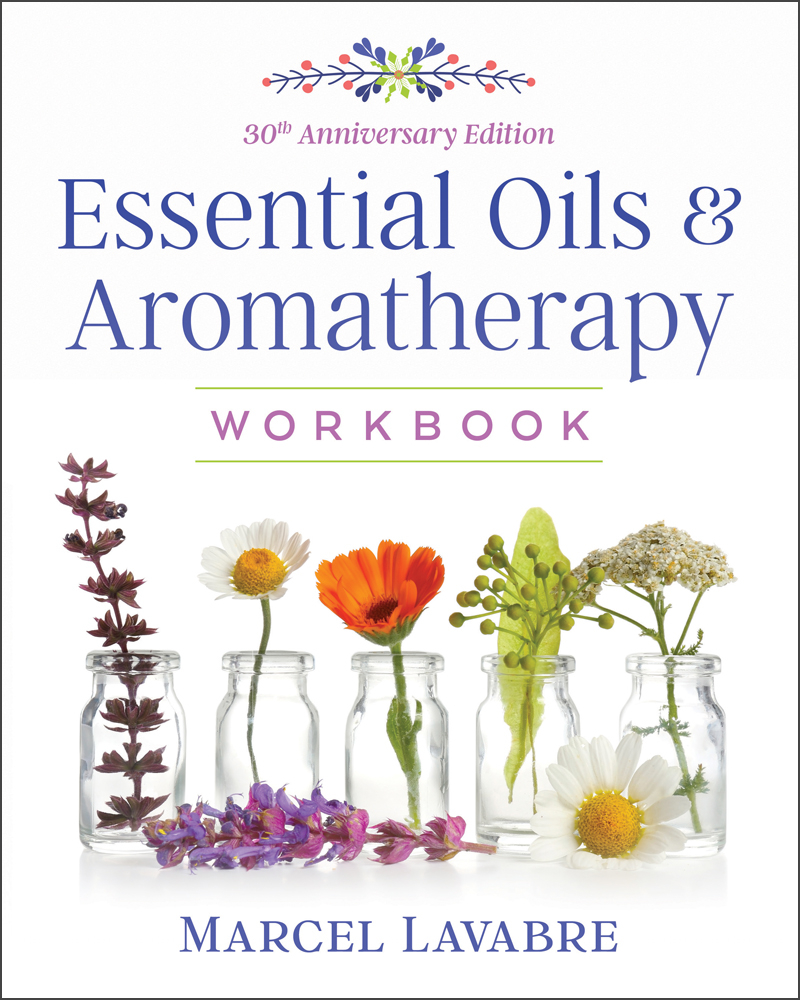 |


